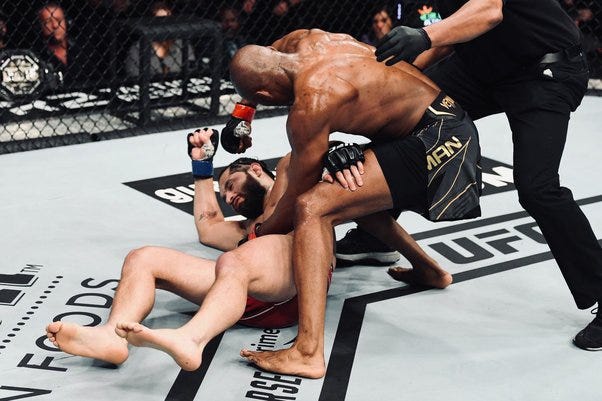A tale of two managers: Old School vs. New School
Manager #1 sends a big email summary with a list of action items vs. Manager #2 creates a list of 20 tasks in Clickup. Who wins?
I was having this conversation with a friend a little while ago over a chat and it resonated with the both of us so much that I decided to write about it.
Note that we’ve both been managing folks for about two decades and probably both have managed a couple hundred people over the years.
He’s a bit more on the sales side… whereas a lot of my management has been first in strategy consulting and then more in tech/product management the past decade.
But both of us have evolved from the ‘old way’ to the ‘new way’ of using a project mgmt system (both of us use Clickup).
First let’s set up the Situation
So the situation is a classic one. The team is working on a big project and they are having their weekly review.
Everyone gives an update, gets feedback, and takes down action points to follow up on.
In total there are about 20 different items that need follow up… from about 5 different people in the meeting.
Now let’s look at how two different managers approach it.
Let’s call the first manager “The Old Me”
The older version of me is the one that I consider to have existed until early 2021. He was disciplined, organized and spent a ton of time in meetings.
After a meeting like the one above I would often either draft a long email or slack message to the team with a big list of followups to make.
Then i’d expect each person to follow up on their own items and would review progress in the next weekly meeting. Or perhaps if it was more urgent they would slack me or come to me in person to follow up.
Now using this method… if I were to honestly look at how things typically evolved… it probably would end up looking something like this:
maybe about 50% of items got followed up on correctly
about 25% of items got followed up on incorrectly
and perhaps about 25% of items got forgotten
And note that I would say that this is roughly representative of tons of such meetings I’ve been in over the course of my career.
Many meetings managed by others probably even looked worse.
Now let’s call manager number two “New Me”
The new Ken pretty much never meets his team in person. And rather does calls that typically are fairly short. I’ll explain why.
During these team meetings we use a Clickup Kanban and review all of the items that are in progress on the board. We also discuss new items to kick off and immediately create the task right then and there.
So if for example we aligned on 20 different items that needed following up on, we would literally create the tasks right then and there.
I would put a brief context and goal to the task, an assignee, a priority level and a due date.
Now let’s look at how things typically evolve following this meeting:
Literally nothing ever gets forgotten. Because its on the board and everyone knows we will review all tasks that were prioritised the following week.
Assignees begin updating their cards right away following the meeting. Often they need clarification and so they can just tag me, and I typically respond within a couple hours (because i keep my notifications clean)
Certain tasks are more important than others, but since the priorities are clear on the cards… the team works on the highest priority cards first.
Due dates are updated if needed… and typically if something runs late the person knows they should explain why as a comment. Otherwise i typically ask them.
“The New Me” literally beats “The Old Me” 100 times out of 100
When you compare the two versions of me above…. it becomes pretty clear who is the winner.
And let’s define how i’m defining winning:
Which manager had more progress on their tasks?
Winner = New me
Where were the team members better supported?
Winner = New me (because I was responding to comments near real time)
Where did more tasks get done on time?
Winner = New me
Which team gets more shit done?
Winner = New me
The ‘New me” TKO‘d the “Old me”. He’s just pound-for-pound the superior warrior.
Managers doing things the old way are riding a horse & buggy
When i see managers do things the old way… it’s kind of like jumping back into an old horse & buggy.
You just know that they’re gonna experience the exact same issues that you know can be solved. If they’d simply upgraded their process and remained disciplined to it.
But not everyone’s cut out to be an “Efficiency beast”.
Are you?










![How 'bout them road apples: Why are horse owners not responsible for cleaning up Lancaster County roads? [We the People report] | Local News | lancasteronline.com How 'bout them road apples: Why are horse owners not responsible for cleaning up Lancaster County roads? [We the People report] | Local News | lancasteronline.com](https://substackcdn.com/image/fetch/$s_!D9xc!,w_1456,c_limit,f_auto,q_auto:good,fl_progressive:steep/https%3A%2F%2Fsubstack-post-media.s3.amazonaws.com%2Fpublic%2Fimages%2F126ed6d1-0b24-45b0-841e-4852c61e6074_788x500.jpeg)